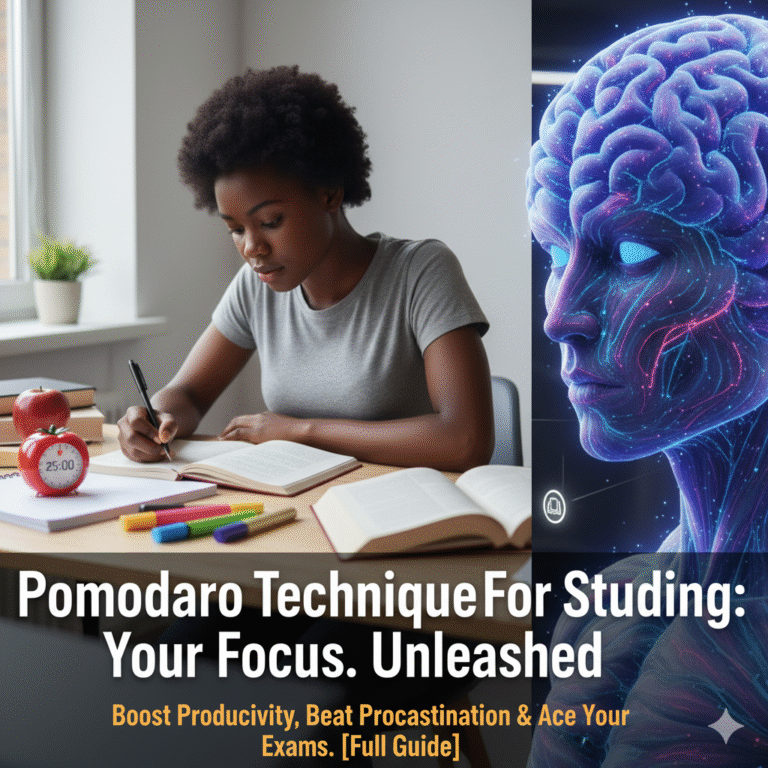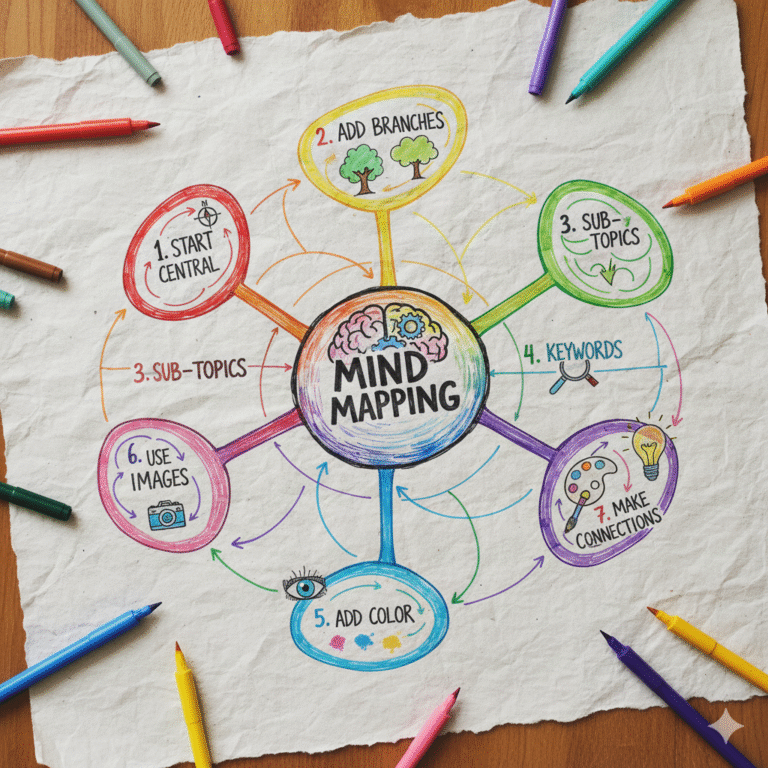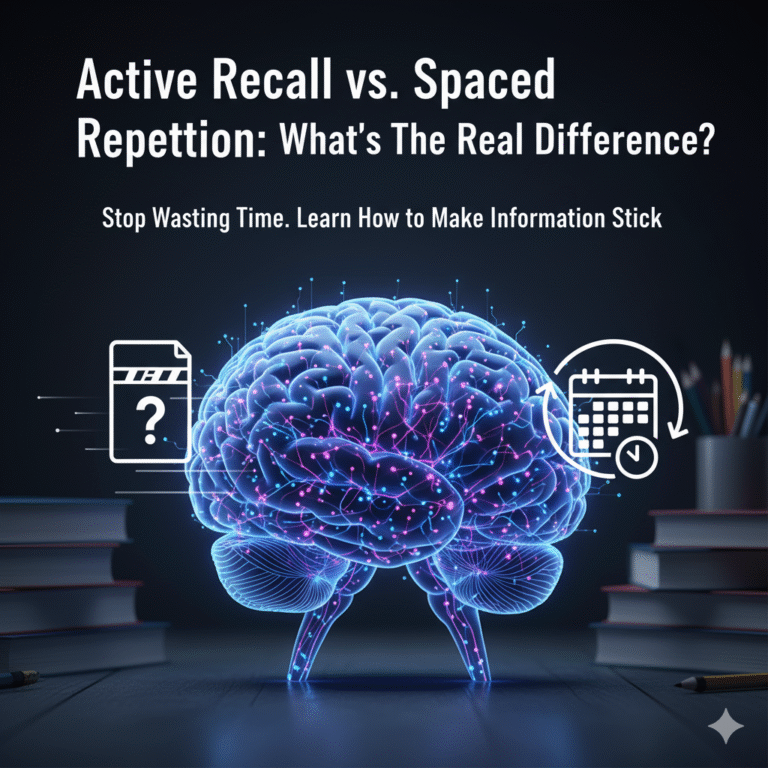What’s the best time of day to study for students
Every student I’ve ever tutored asks me, “What’s the best time of day to study for students?” You’re hoping I’ll say “2 PM on a Tuesday” and all your revision problems will be solved.
I’ve got to be honest with you: the magic, one-size-fits-all answer doesn’t exist.
But a “best time for you” definitely does. And the difference between finding it and not finding it is huge for your grades and your stress levels.

First, Let’s Bust the “Morning” Myth
Let’s just get one thing straight: You do not have to become a 5 AM “study guru.”
A lot of students get stuck on what’s the best time of day to study and think they must become an “early bird” to be successful. But here’s the problem: if you’re a natural night owl, forcing yourself to wake up when it’s still dark is just a quick way to burn out.
You’ll sit there, staring at the same paragraph for 30 minutes, and none of it will stick. That’s not effective studying; it’s just a waste of good sleep.
The Main Contenders: Morning vs. Afternoon vs. Night
So, what are the pros and cons? Let’s break down the main study blocks. See which one sounds most like you.
The “Early Bird” (Morning Study: ~6 AM – 10 AM)
This is the classic. Your brain is (supposedly) fresh after a night’s sleep.
- The Good: Your mind is clear, willpower is high, and the house or dorm is often quiet. It’s great for tackling tough subjects like advanced math or physics that require deep concentration.
- The Bad: You have to, well, wake up. This is genuinely difficult for a large portion of the population.
The “Steady Grinder” (Afternoon Study: ~2 PM – 5 PM)
This slot is often right after classes or lectures.
- The Good: You can immediately review what you just learned, which is fantastic for memory. Your brain is already in “school mode.”
- The Bad: The dreaded post-lunch slump. That’s a real biological dip in energy. You might feel sleepy and unfocused.
The “Night Owl” (Evening/Night Study: ~8 PM – 1 AM)
Ah, my old university specialty.
- The Good: It’s quiet. Seriously quiet. No one is texting you, no family members are asking for help. This solitude can be amazing for focus. Some creative tasks or essay writing can flow really well at night.
- The Bad: You’re already tired from the whole day. You might be sacrificing sleep, which is critical for memory consolidation. (More on that later). Studying too late can also mess with your sleep schedule.
What’s the best time of day to study for students? The Real Answer.
See the pattern? Each time has pros and cons.
The real answer to “what’s the best time of day to study” has nothing to do with the clock on the wall. It has everything to do with your internal body clock.
This is called your chronotype.
Are you a “lion” (early bird), a “bear” (follows the sun), or a “wolf” (night owl)? A study published in Current Biology found that performance on cognitive tasks is directly linked to your chronotype.
Studying with your natural rhythm, instead of fighting it, is the secret. A “wolf” will get more done in two focused hours at 10 PM than in four miserable hours at 7 AM.
For a deeper dive, The Sleep Foundation’s guide to chronotypes is a great, simple read.
How to Find Your Perfect Study Time: A 3-Step Plan
Okay, let’s get practical. Stop guessing and start experimenting.
- Be a Scientist (For 3 Days) Get a small notebook. For three days, just track your energy. Don’t try to change anything, just notice. When do you feel most alert? When do you feel like a zombie? Be honest. (e.g., “11 AM: Feel sharp. 3 PM: Need a nap. 9 PM: Suddenly wide awake.”)
- Test Your Top 2 Slots Look at your notes. Found your two “peak” times? Now, schedule a 90-minute study block in each of those times on different days.
- Compare the Results Which session was better? Not just “how long,” but “how focused“? Did you understand the material? Did you have to re-read pages? That’s your winner.
The Most Important “Time” of All
Look, here’s the final piece of advice, and it might be the most important.
The absolute best time to study is… when you actually do it.
Seriously.
A 45-minute focused session today is infinitely better than the “perfect” three-hour session you plan for tomorrow but never start.
Don’t get so lost in finding the “perfect” time that you waste the actual time you have. Find a “good enough” time, turn off your phone (yes, all notifications), put your head down, and just start.
Consistency beats “perfect” timing, every single day of the week.








4 Comments